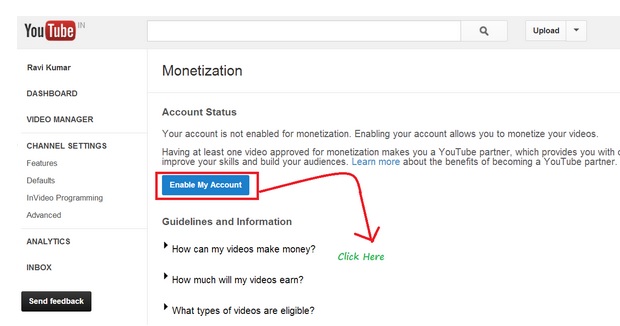When it comes to ensuring that your website is on display for the world to see, then the first thing you have to consider is its SEO ranking. With millions of people all over the world utilising search engines to look for answers and products they need, keeping up with SEO requirements and your rank in Google will surely make a difference with your business. It can be a bit difficult getting your website up and running for millions to see. But as long as you’re able to know the factors that affect your SEO ranking, then you can get up in no time. So. let’s learn about the potential SEO ranking factors to know about.
However, what are the different SEO ranking factors to know? You might be surprised that there are things you’ve overlooked! Here are the nine different SEO ranking factors you need to know about.
The SEO industry, as well as search engine websites, have evolved since it began, continuing to improve and change each day. That’s why with change come many new factors to consider when increasing your SEO ranking. If you’re wondering where to start, don’t worry! Here are the nine important factors to look into for ranks:
- Mobile-Friendliness
At least half of the Internet users around the world now use their mobile phones when searching for relevant information required. And because of a mobile-friendly update from Google, they are now identifying websites that are accessible to mobile phones and removing them if they’re difficult to use! So begin looking into your website and how mobile-friendly it really is, improving the theme to make it more suitable for those who use either desktop or mobile gadgets.
- Safe Search
Google and other search engines would block certain kinds of adult content automatically. That means there are some pages that won’t show up in the search results unless the user’s safe search is switched off. Safe search exists to block off pornographic results, though explicit language can also be part of the reason why your website is blocked from search results. Look into your content and reduce the explicit content and language, if there are any. SSL is also an important factor for website security and safe search.
- Depth of Content
Take note that word count is NOT a ranking factor, though the length and quality of your content can be correlated with rankings in your search results.
When you give more relevant information for search engines to work with, then this can help your SEO ranking. Did you know that results on the first page have word counts of over 2,000 words, with the number one position having about 2,500 words? Don’t make your content draggy though, but make it comprehensive!
- Heading Tags
Heading tags were developed to provide the hierarchy of information for underlying documents. But don’t take the word “underlying” lightly! Google may interpret them in an even deeper way. One of the important things to take note of in your content is the H1 tag, which shows what the page is about.
The H1 tag can give a slight rank boost, though the significance is limited.
- Authoritative Backlinks
A lot of people take this for granted, but having authoritative back-links gives more of a probability of someone stumbling to your page after a few random clicks!
Links from pages will be able to have a stronger impact on the rankings. While Google re-evaluated the way links bring value, quality backlinks can determine how likely someone can come across your website organically.
- Keyword Placement
You’ll be surprised that it’s just as important to have the keyword on your title, creating an influence in your rankings. It isn’t the most critical part of your page or rankings, but it’s clearly a ranking factor.
Having a keyword in your website URL can also help, as it’s a method to determine what the page is about. Just make sure to avoid an excessive mention of your keyword!
- Accessible URL
Besides having the keyword placed in the URL, having an accessible one counts as well! It should be a URL that search engine bots can crawl and reach easily. That means Google should be able to visit your URL, looking at the page content to know what the site is about. Make sure you have a robots.txt file and a sitemap.
- Page Speed
The page speed is one of the important SEO ranking factors to know, as Google focuses more on user experience and content. They want fast-loading websites for users to enjoy and be satisfied with. Like mentioned, this also considers the mobile-friendliness and speed of the website, which is why you should look into what you can remove from your website to make it load faster.
- User Experience
Google uses artificial intelligence to improve their ranking of web-pages. It isn’t just about how many viewers you have daily, but also how long they stay and where they visited your website from. If it isn’t interesting for users and they click to the next site, Google will think it irrelevant and won’t rank it high.
That’s why it’s important to look into your page speed, the page-friendliness, and to improve on your content. Add in interesting and new information for people to want to stay in your page, visiting other pages in your site that will pique interest and even have them purchase your service or product.
Wrapping It Up
You’ll be surprised to know that there are a ton of SEO factors that website-owners overlook. That’s why it’s important to stay up on your game and above competition by looking into any of these factors! While it may not create miracles overnight, you’ll see that slowly but surely, it’ll help increase your rank in Google and draw in traffic.
Hopefully, these nine potential SEO ranking factors gave you an idea on what to look into to improve with your visibility online. So don’t wait any longer and start putting these factors into consideration now!
If you have any questions or want to share your tips and experiences on raising SEO rankings, then comment below. Your thoughts will be much appreciated!




good